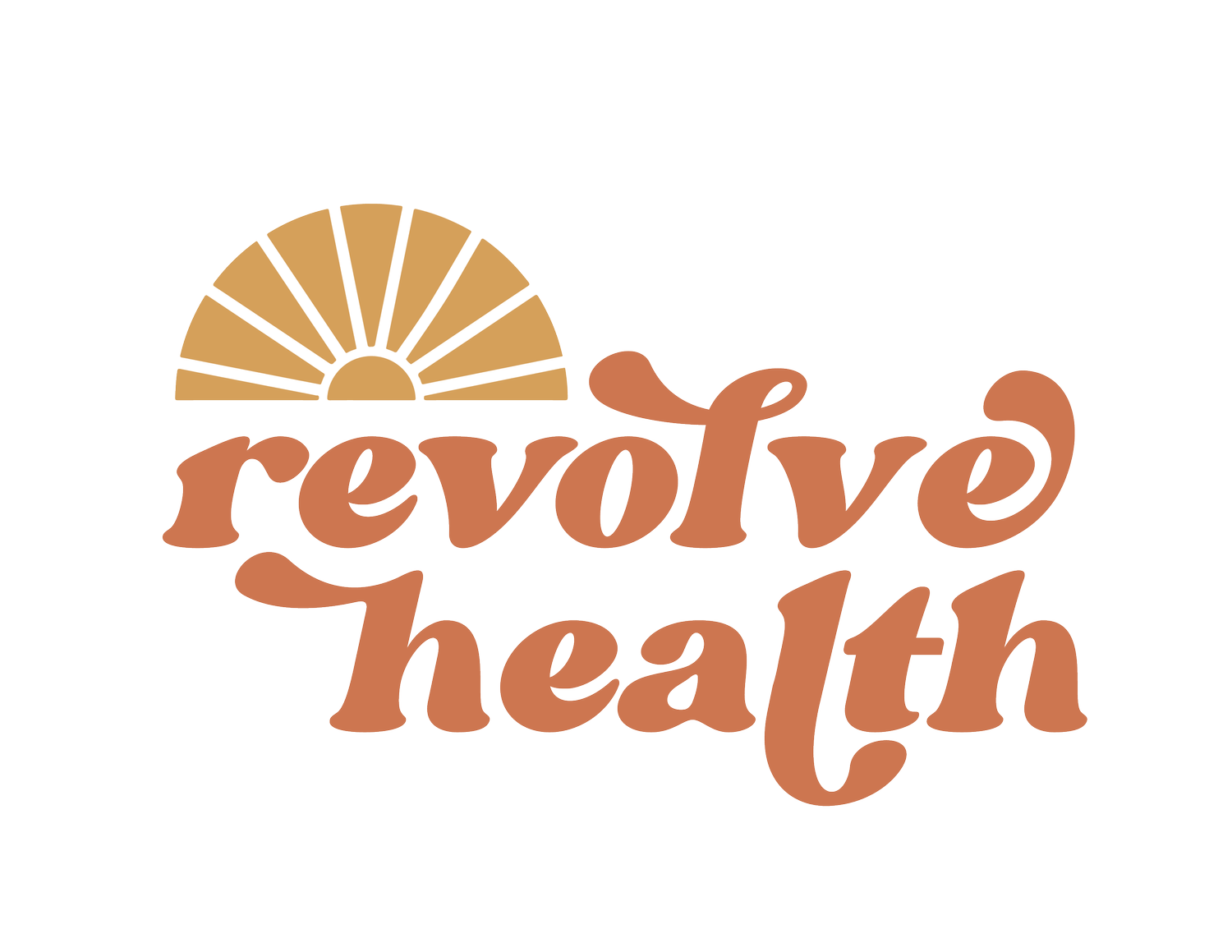Vitamin D: The Sunshine Vitamin
When was the last time you had your Vitamin D levels checked?
Vitamin D is important to your well-being for so many reasons, and is majorly overlooked as a health marker. Luckily, it's easy to test and (usually) easy to fix, and the first step is knowing your Vitamin D levels.
Here are some of the many ways that Vitamin D works for you:
Vitamin D and Bone Health
Vitamin D's primary job is to regulate your calcium levels in your blood and your bones, and it's essential for the prevention of bone loss and osteoporosis.
Vitamin D and Immune Health
Do you feel like you get every cold and flu that goes around? You may have low Vitamin D levels. Vitamin D helps your body defend against infection and autoimmune diseases like psoriasis or multiple sclerosis. It's even anti-cancer!
Vitamin D and Blood Sugar
Did you know Vitamin D helps control your blood sugar? Vitamin D can improve insulin sensitivity, which will help keep your blood sugar (and energy) consistent. If you have PCOS, pre-diabetes/diabetes, or you're pregnant, knowing your Vitamin D status is essential.
Vitamin D and SAD
If you feel like you get the winter blues, it may be a sign of low Vitamin D. Vitamin D production is naturally lower in the wintertime, so if you go into the rainy season with already-low levels, you're susceptible to Seasonal Affective Disorder (SAD). Bringing up low levels with supplementation can help with wintertime depression.
How do I get Vitamin D?
The best way to get Vitamin D is through sunlight. The body can make up to 10,000IU of Vitamin D/day with the strongest sunlight. But, you have to be cautious about risk of sun damage to your skin. I usually recommend about 20 minutes a day of feeling the sun on your bare skin before putting on sunblock.
There aren't great food sources of Vitamin D. The best one is fish (~400IU).
How to Test
The only way to accurately test your Vitamin D levels is with a blood test. I recommend my patients test theirs at least yearly, or more frequently if we've been supplementing in higher doses. Unfortunately, most health insurance won't cover Vitamin D testing because they consider it "unnecessary". I offer a cash price to test Vitamin D which is ~ $30.
Vitamin D Supplementation
Since Vitamin D is a fat-soluble vitamin, supplementation needs to be taken with fat to be absorbed. If you have issues with absorbing fat, such as poor digestion or a history of gall bladder removal, you are more likely to have a difficult time absorbing oral Vitamin D supplements.
Check your supplement labels to make sure your Vitamin D supplement contains an oil or fat (usually MCT oil), or make sure to take your supplement with an oil or fat.
If you have poor digestion or have had your gallbladder removed, you are a great candidate for an intramuscular Vitamin D shot, which I offer at my clinic.
You CAN have too much Vitamin D--it can negatively impact your calcium levels if dosed too high over time. Make sure you're working with a doctor to be safe. That being said, <1,000IU/day is generally considered safe.
How much Vitamin D should I take?
Well...it depends. The first step to knowing the proper dose is to know what your blood Vitamin D levels are. Ask your doctor (or come see me!) for a blood test to see what we're working with. Then, we can determine the best dosage and delivery for you.
Make an appointment with me to get to know your levels today.
Meet Your Doctor
Hi, I’m Dr. Caitlin Fanning!
I help women who are struggling with hormone imbalances, fatigue, and infertility optimize their hormones and get their life back so they can feel like their best self.
If you're ready to take charge of your health and make real, lasting changes to your energy, your hormones, or your overall well-being, I would love to talk more!

